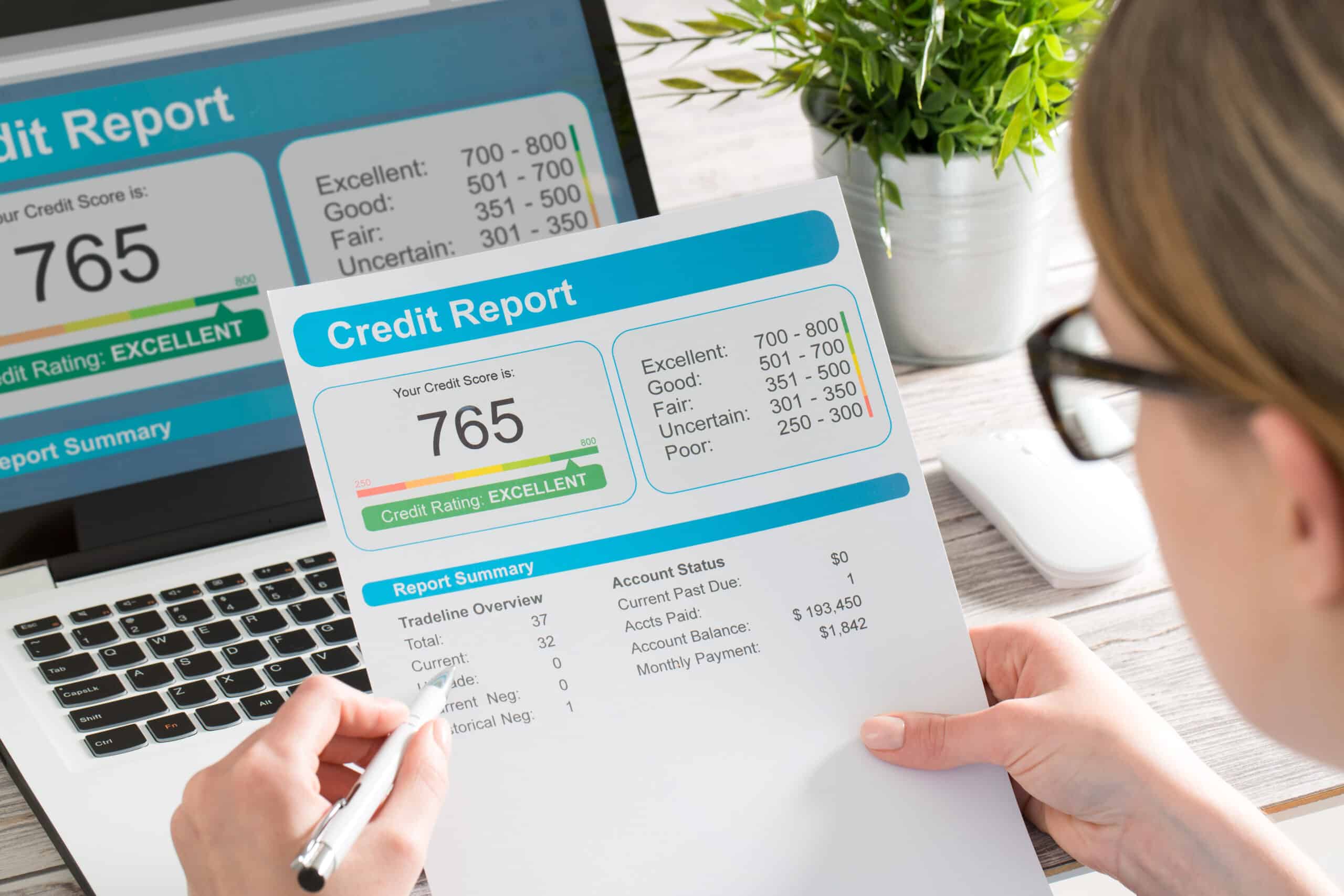Does Your Credit Score Affect Your Taxes? 5 Important Things You Need to Know

An individual’s credit score is a vital financial record. It reflects one’s ability to purchase properties and take out loans, among other things. You might be wondering then: Does your credit score affect your tax status? The direct answer is no; it does not. In fact, tax liens were removed by credit bureaus on credit reports in April 2018.
While your credit score doesn’t affect your tax status, using creditors’ money or a credit card to pay off tax bills might change that. That is tax debt can affect your credit score.
This article will explain the relationship between your taxes and credit score, including how the former may impact the latter – or vice-versa.
1. Your IRS records are not accessible to third-party entities aka credit bureaus
The IRS does not report your tax status directly to consumer credit card bureaus. This is because the law prohibits the IRS from divulging your tax information to third parties.
However, if a Notice of Federal Tax Lien is applied against you, your tax debt becomes a public record. Tax liens filed against you makes it more challenging to get new loans and credit cards. The IRS typically keeps the lien active unless you pay the debt in full or plan to reduce, pay off, or eliminate the deficit.
2. You can use your credit card to pay your tax bill
If you prefer an alternative payment option other than the commonly used installment plans, you could use a credit card to settle your tax bills. Paying a tax bill by utilizing a credit card is a convenient option.
However, it’s important to remember that you’ll be paying the standard interest rates of your credit card unless you settle the balance in full within a single billing cycle.
You don’t want to incur charges by not paying down your credit card bill immediately, leading to excessive debt that could negatively affect your credit score.
3. You can apply for a personal loan to settle your tax bill
Personal loans have lower interest rates than credit cards, making them a cheaper alternative to settling tax bills. By offering a set number of payments over a repayment period of two to five years, personal loans are predictable and easy to manage.
Still, personal loans can impact your credit score. While this type of loan does not affect your tax status, it will appear, along with records of making payments, as activities on your credit report.
4. Credit bureaus can request personal records, including your tax record
Failure to pay your tax bill can lead to a federal tax lien against your asset. A lien authorizes the IRS to collect unpaid taxes you owe. This includes interest and penalties, with the proceeds from the sale of your property.
While tax liens haven’t appeared on credit reports since 2018 and cannot lower your credit scores or affect your tax status, they can still damage credit. Credit bureaus can request your records, including those regarding taxes, to discover tax liens and establish a basis when considering applications for mortgages and loans.
Unfortunately, some credit bureaus deem tax liens as grounds to deny your application.
5. If you set up a payment plan to pay your taxes, your lender will add your monthly payment to the IRS into your debt-to-income calculations
Although credit reports no longer show tax liens, that doesn’t mean you won’t have issues when applying for a loan.
Specifically, applying for a mortgage may prompt credit bureaus to perform a personal records check. This could include your tax record to determine whether you have tax liens. Here, the best course of action is to pay off all existing tax debts before applying for a mortgage.
If you cannot pay the lien in full, you can set up a payment plan with the IRS. This approach could appease bureaus, as long as you can prove that you’ve made enough consecutive payments. Setting up a payment plan could entail lien payments that could reduce the size of home loans you’re qualified for.
Proper Financial Knowledge
Financial situations can be complex, especially those concerning taxes and credit scores. For the uninitiated, these matters may be daunting to tackle.
While your tax status is not affected by your credit score, paying your taxes frees you from liabilities that may otherwise make it difficult for you to secure the best offers in loans and mortgages. Plus, your credit report may be examined by credit bureaus if they discover some misconduct in your financial responsibilities, such as settling your tax dues.
With Tax Samaritan, you can find a reliable partner who can help you with all your tax-related problems. Assisting people to save money and grow their wealth since 1987, Tax Samaritan offers the best-in-class service. Contact us today to get a free tax quote.

All About Randall Brody
Randall is the Founder of Tax Samaritan, a boutique firm specializing in the preparation of taxes and the resolution of tax problems for Americans living abroad, as well as the other unique tax issues that apply to taxpayers. Here, they help taxpayers save money on their tax returns.